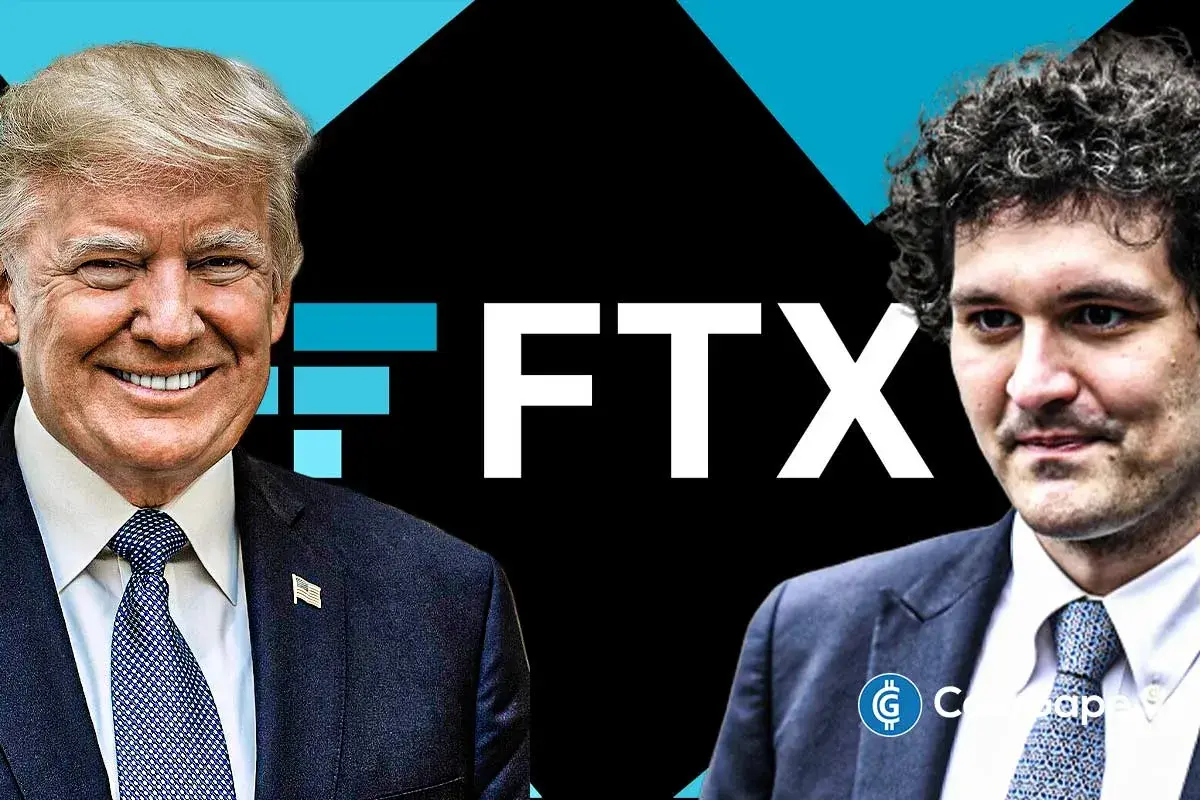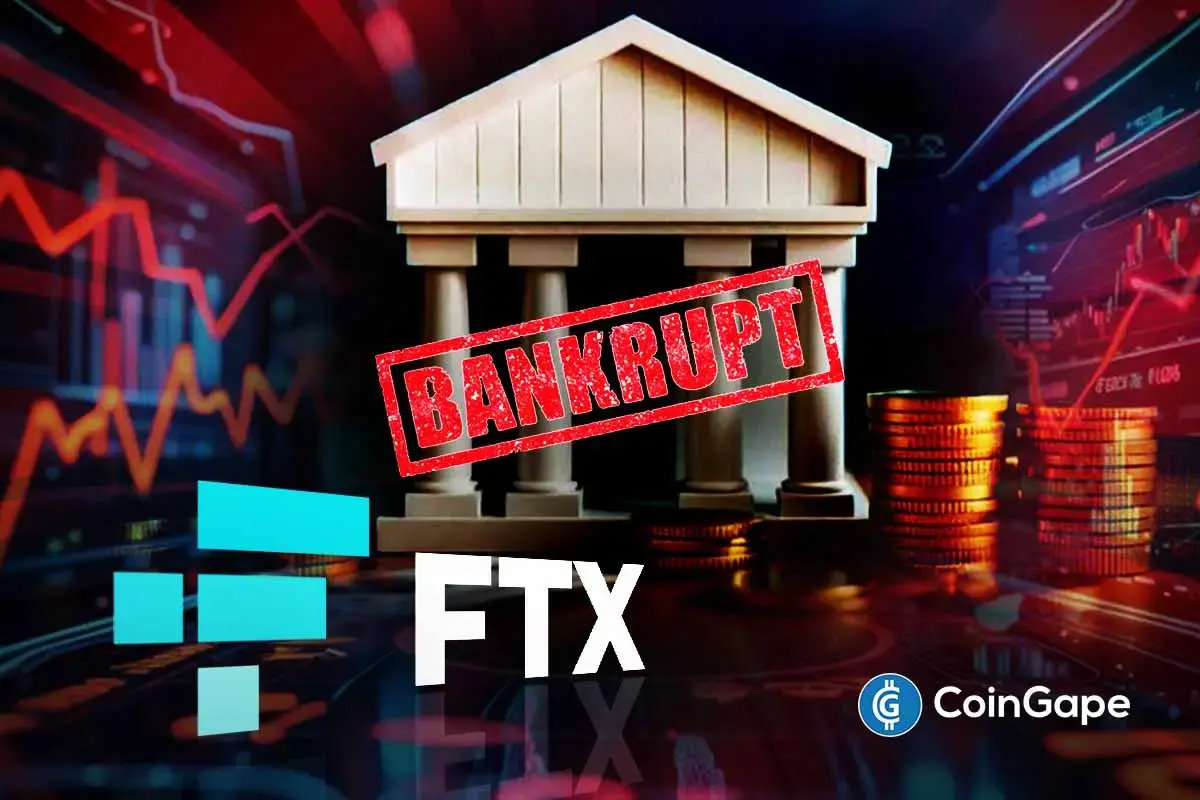Genesis Bankruptcy: Crypto Brokerage Could Be Next After BlockFi

Troubled crypto brokerage firm Genesis Global Trading’s creditors have hired restructuring lawyers to prevent the firm from filing for bankruptcy. Genesis currently seeks $500 million in emergency funding from investors and crypto firms after facing trouble raising $1 billion in funds. BlockFi filing bankruptcy has worsened sentiments in the crypto market.
Genesis Creditors Put Efforts to Prevent Bankruptcy
Creditors of Genesis are working with restructuring law firms to find options to prevent bankruptcy filing by the crypto brokerage, reported Bloomberg on November 30.
Some creditors are working with Proskauer Rose, while some work with the law firm Kirkland & Ellis. Meanwhile, Genesis hired investment bank Moelis & Company to explore options, including a potential bankruptcy. However, the goal is to resolve the situation without the imminent need for any bankruptcy filing. Genesis and DCG are also seeking $500 million in emergency funding.
Genesis interim CEO Derar Islim said:
“We’ve begun discussions with potential investors and our largest creditors and borrowers, including Gemini and DCG, to agree on a solution that shores up our lending business’ overall liquidity and addresses clients’ needs.”
Genesis Capital, the crypto lending arm of Genesis Trading, suspended customer redemptions and new loan originations following the collapse of FTX. Genesis has approximately $175 million in locked funds in FTX. In fact, Genesis parent Digital Currency Group owes $575 million to Genesis Capital.
BlockFi Bankruptcy Reveals Internal Transactions
BlockFi bankruptcy and lawsuit against SBF’s personal holding company Emergent revealed internal transactions between FTX, Alameda Research, and BlockFi. Several internal borrowing of funds between the firms caused the collapse of FTX and Alameda. Also, FTX was using crypto lenders BlockFi and Voyager money to bailout them out.
Moreover, Sam Bankman-Fried gained access to regulated banks through Alameda Research accounts as banks were reluctant to work with crypto companies including FTX. Customers were instructed to use Alameda bank accounts wire transfer money to FTX.
Similarly, DCG, Genesis Trading, and other related firms reportedly have internal borrowing and lending to run their operations, increasing liquidity and insolvency risks.
Play 10,000+ Casino Games at BC Game with Ease
- Instant Deposits And Withdrawals
- Crypto Casino And Sports Betting
- Exclusive Bonuses And Rewards

- US-Iran War: Meme Coin Market Plunges After Iranian Drone Hits US Embassy in Kuwait
- Arthur Hayes Sees 5x HYPE Token Rally as Oil Perps Pump on Hyperliquid Amid U.S.–Iran War
- How BTC, ETH and XRP Prices React as Crude Oil and Safe Havens Surge After Khamenei’s Death
- BREAKING: Iran Refutes WSJ’s Claims on Push to Resume Nuclear Talks with US, Bitcoin Slips
- Crypto Market Crash Deepens as Trump Confirms More Airstrikes to Hit Iran
- Bitcoin And XRP Price As US Kills Iran Supreme Leader- Is A Crypto Crash Ahead?
- Gold Price Prediction 2026: Analysts Expect Gold to Reach $6,300 This Year
- Circle (CRCL) Stock Price Prediction as Today is the CLARITY Act Deadline
- Analysts Predict Where XRP Price Could Close This Week – March 2026
- Top Analyst Predicts Pi Network Price Bottom, Flags Key Catalysts
- Will Ethereum Price Hold $1,900 Level After Five Weeks of $563M ETF Selling?

 Buy $GGs
Buy $GGs
















